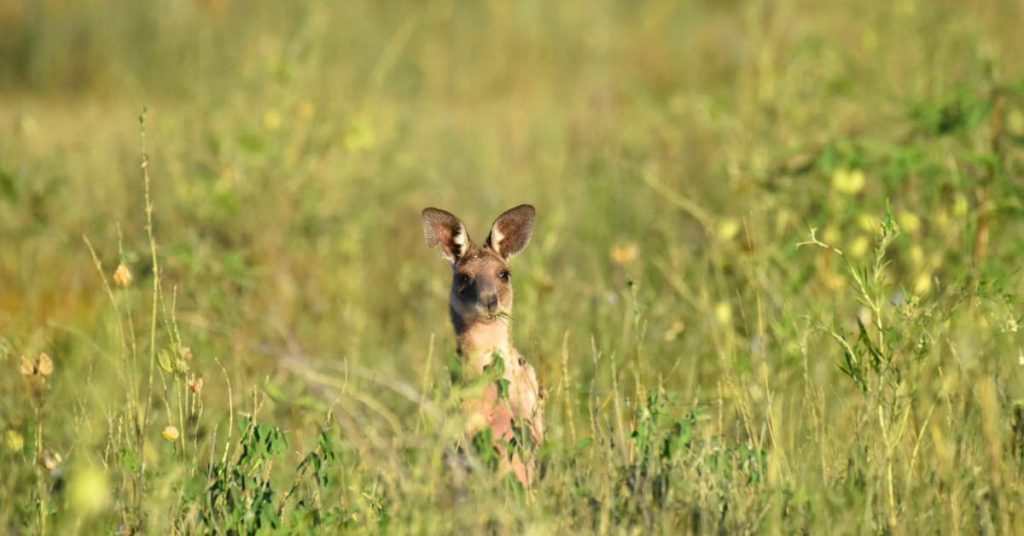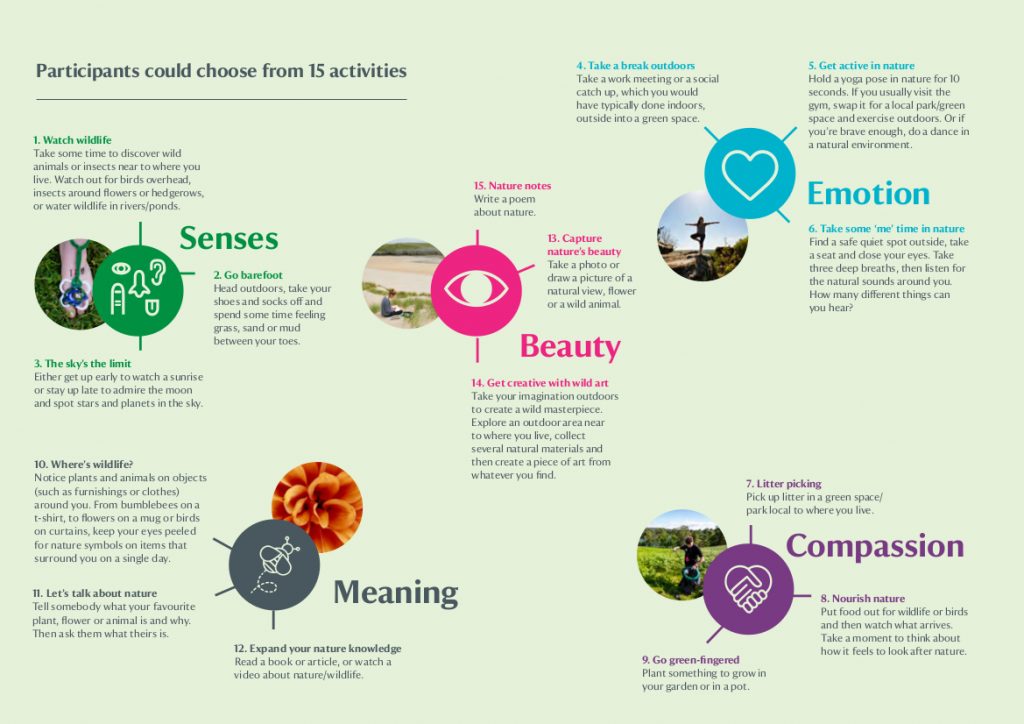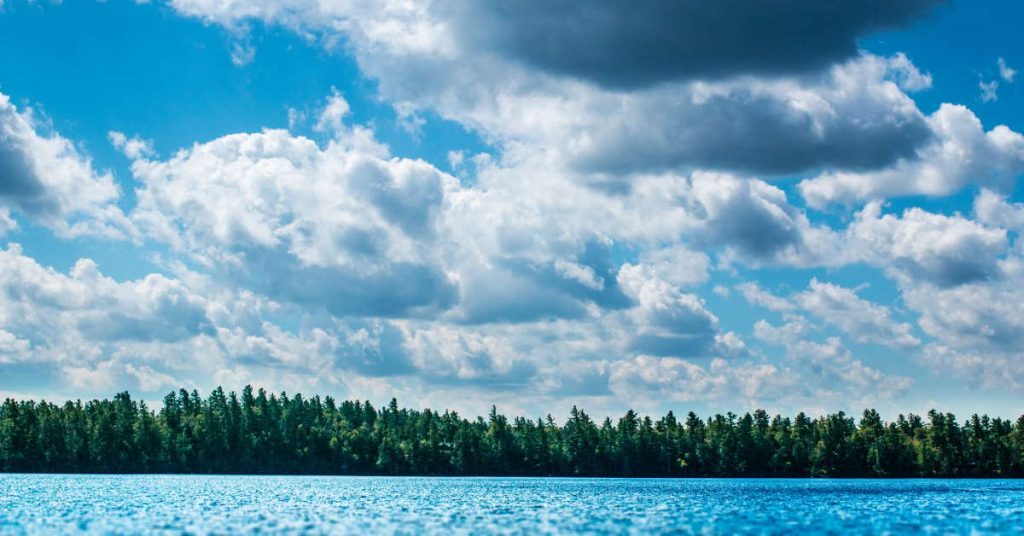By: Sheridan Voysey
Last year an Australian friend came to visit me. When Jason arrived I wasted no time showing him the best of Oxfordshire, taking him to Blenheim Palace, the Bodleian Library, Oxford’s old quarter, and cosy villages with thatched-roof cottages to prove such things really did exist outside of Midsomer Murders reruns. Visits to London, York and Holy Island followed, then some hiking around Northumberland.
One afternoon we hiked up a windswept hill, crossed a field of wildflowers then entered a forest of towering pines. The forest was quiet, each crunch of our steps heard against a whisper of rustling leaves. After the woods came a valley, where we paused for a moment. Clouds floated softly above us. A stream trickled nearby. The only sounds were birdsongs. We stood in silence for a full fifteen minutes taking it all in.
What Happens When You Stop and Notice

It turns out that what Jason and I experienced in that moment was more than a pleasant diversion. According to new research from the University of Derby and the National Trust, people who stop to notice nature experience:
- Higher levels of happiness
- Lower levels of anxiety and depression
- A greater sense of closeness to others and of life feeling worthwhile
- And a heightened desire to care for the earth
Between 20 seconds and 2 minutes of contemplation like this a day is all it takes to start reaping the benefits. Just walking through the forest isn’t enough, though. You have to watch the clouds, smell the flowers, listen to the birds. The key isn’t being in nature, but noticing it.
15 Simple Ways to Notice Nature

What kind of noticing actions matter? Researchers identified seven that were most significant, each of them simple acts of paying attention that cost nothing to do. The big seven are:
- Watching wildlife (like bird watching)
- Listening to birdsong
- Smelling wild flowers
- Taking a photo, or drawing or painting a picture of a natural view, plant, flower or animal
- Taking time to notice butterflies or bees
- Watching the sun rise
- Watching clouds
Our senses are only one way of engaging nature, though. Researchers then combined these seven practices with other ‘pathways’—like meaning, beauty, compassion and emotion—to come up with 15 practices they asked study participants to choose one of daily. The list includes everything from going barefoot in the park and putting out food for wildlife, to reading up about flowers and writing nature poems. How about adopting it for a week of nature connection yourself? (Click for larger image)
Every Bush Aflame
Scientists continue to discuss why noticing nature affects us this way (one theory is the Biophilia Hypothesis but it’s a contested idea). I wonder if there’s a spiritual component to it.
In the biblical story, God tells Job to contemplate the sea, sky and stars as evidence of his presence—an experience that leaves him speechless. Jesus said that watching the ‘birds of the air’ and ‘flowers of the field’ could reveal not just God’s presence but his care. While Christian theology maintains there’s a difference between God and nature—nature isn’t God and vice-versa—many thinkers and artists through time have believed that Something greater lay behind nature, Something to be glimpsed through and beyond the natural world’s beauty. Vincent van Gogh’s vibrant sunflowers and swirling skies tried to depict the light of God he saw shining through the world. As the poet Elizabeth Barrett Browning famously put it:
Earth is crammed with heaven,
and every bush aflame with God.
But only those who see take off their shoes.
Stop and Watch the Clouds

According to the University of Derby researchers, only 27 percent of us stop to watch clouds or smell the wildflowers. If they’re right, taking a moment to notice nature will help both us and the planet. And if Job and van Gogh are to be believed, it might also give us a glimpse of the God who notices us.
Article supplied with thanks to Sheridan Voysey.
About the Author: Sheridan Voysey is a writer, speaker and broadcaster on faith and spirituality. His books include Resilient, Resurrection Year, and Unseen Footprints. Get his FREE eBook Five Practices for a Resilient Life here.
